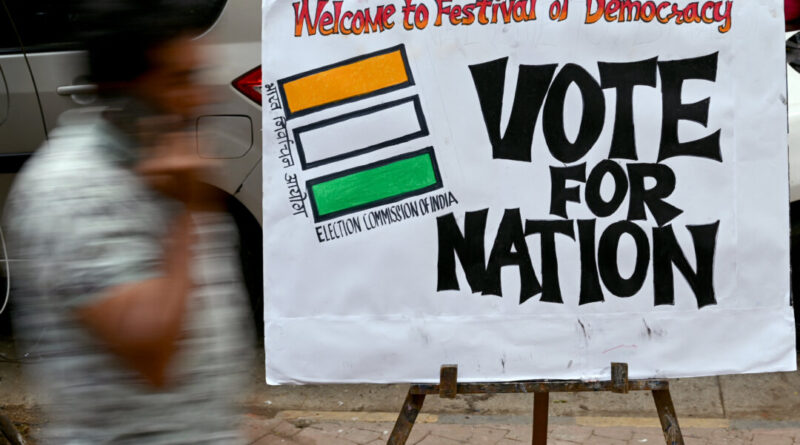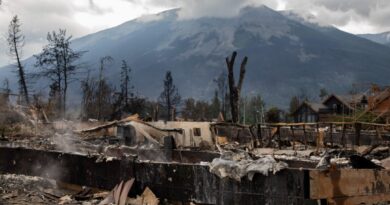Analysts emphasize the importance of a strong government and strong opposition for India’s democratic health during the voting process
According to election analysts, India needs a strong majority in the upcoming elections, but they also stress the importance of fostering a culture of strong opposition in this young democracy.
Over a billion Indians are participating in the 18th parliamentary elections, set to take place in seven phases from April 19 to June 1. The results will be announced on June 4. This democratic process, the largest of its kind in human history, prompts reflection among democracy watchers and thought leaders, who analyze election campaigns, public opinion, and various messages being communicated. They are contemplating the institutional growth of India and the challenges it faces while pursuing its goals.
Experts believe that a strong government is necessary for India’s progress, which can be achieved through a party winning a majority in parliament. The analysts emphasize the importance of a robust opposition that can engage in meaningful debates on policy reforms and the country’s future.
Chandra Mishra, a political strategist, highlights the need for a strong opposition to counter the “ego of power” that dominates Indian politics. He stresses the importance of leaders connecting with the people through policies and actions rather than symbolic gestures.
Experts point out the ruling and opposition parties’ dynamics across India’s different states, highlighting the need for a healthy opposition to provide a check on the ruling party. They also discuss the challenges faced by opposition parties in coordinating their efforts and presenting a viable alternative to the ruling party.
Analysts also emphasize the importance of maintaining a balance of power in democracy, with a resilient opposition being essential for overall democratic resilience.
The ongoing election campaigns are centered on various narratives, with the opposition painting the ruling party as a threat to democracy. There are concerns about potential changes to the constitution if the ruling party secures an absolute majority. However, experts believe that the strength of Indian democracy lies in its checks and balances and the power of the public to hold elected officials accountable.
Overall, experts stress the need for a strong government with a majority in parliament, accompanied by a robust opposition to ensure a healthy democratic process in India.



